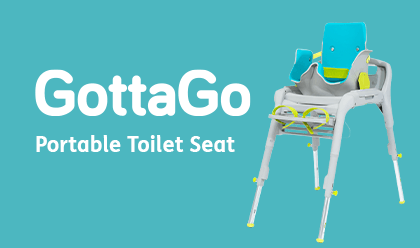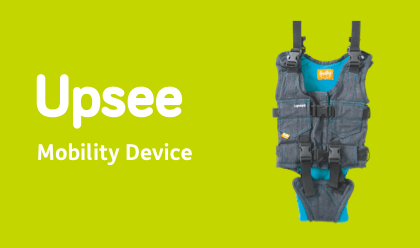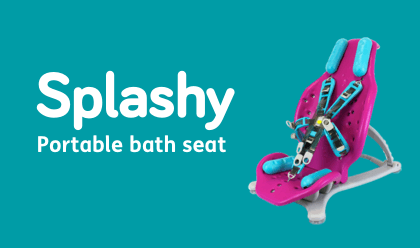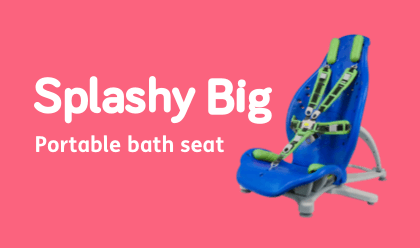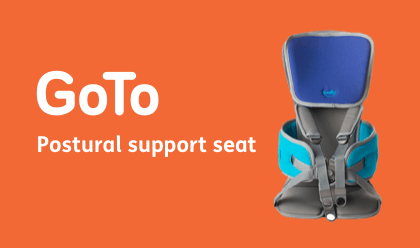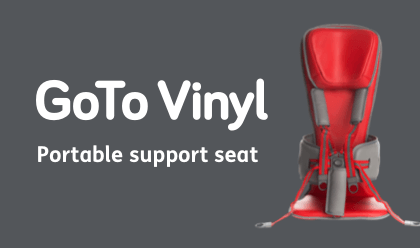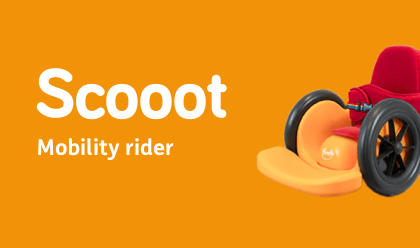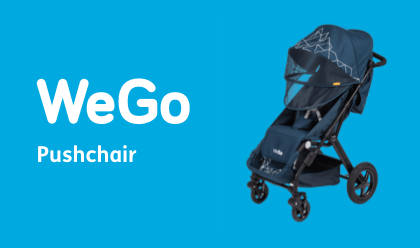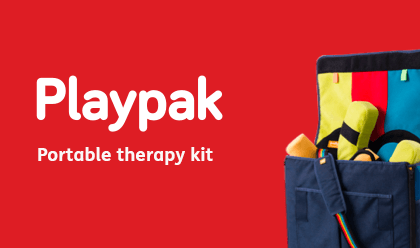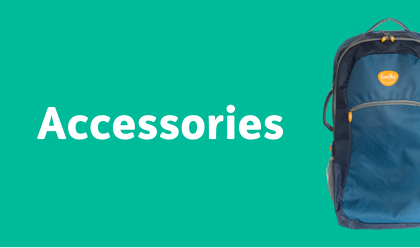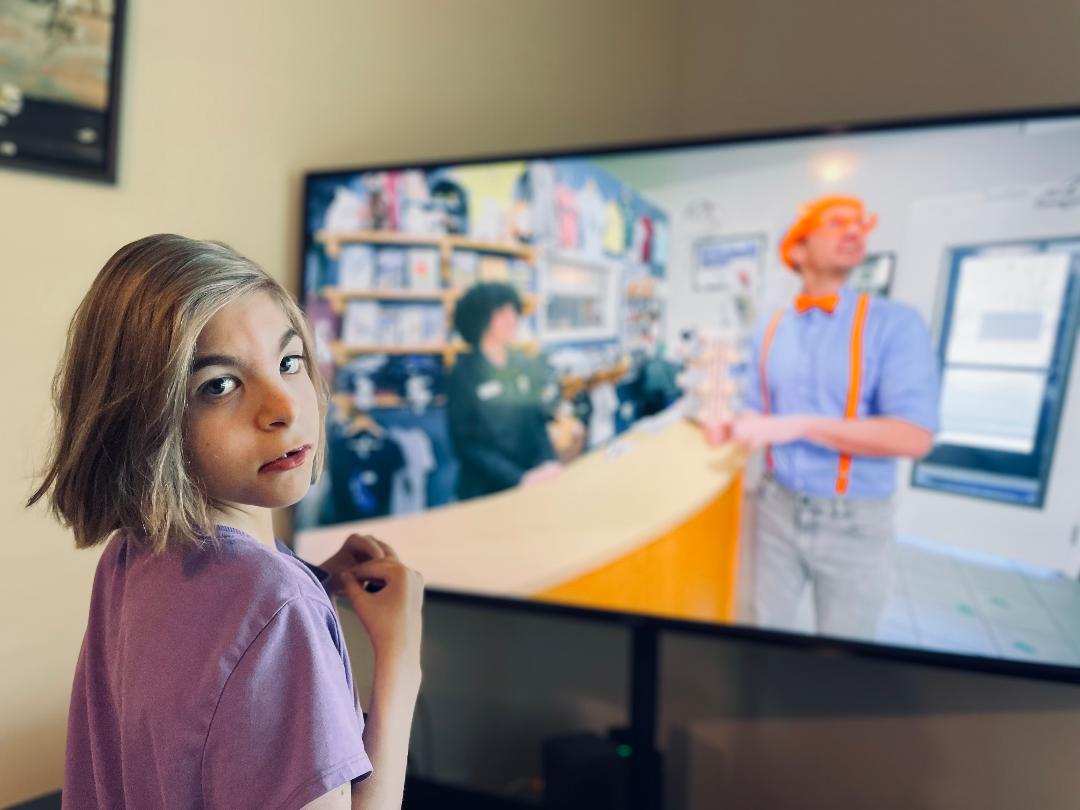Blogging About Disability Part Two: Groping for Words

It may sound like Pie in the Sky to believe that a careful choice of words could really bring about social change – but I for one think it’s worth a shot.
Anything to bring a more accepting, more positive, world for our children.
Ultimately, perceptions of disability CAN affect public policy: imagine if your local council’s Cabinet Member for Children were to describe disabled children as ‘having no future’-- you can guess which kinds of service would suffer if budget cuts were required.
Language is a free resource that we all use every day, so it would cost nothing to try – except perhaps some mental effort, because, as I discovered the terminology concerning disability is a contentious and surprisingly political issue.
Disability is often more of a civil rights matter than a medical one.
It is an issue of semantics, also, since (as mentioned above), language both reflects and influences how people think, and how they react.
The area is far more of a minefield than I had imagined.
The most pre-eminent guidelines that exist for writing about people with disabilities is to use ‘Person-First’ or ‘People First’ language: that is, to place the emphasis on the person, who happens to be living with the disability, rather than on the disability itself, thus avoiding defining the person by their impairment.
That is what I have always tried to do because I thought it was the right thing.
However, as I have now discovered, many self-advocates in the British Disability civil rights movement reject the use of Person-First language. Why?
In her article Person-First Language and Ableism, Amy Sequenzia sets out the reasons why she, and many others, object to its use.
She argues that the Person-First language concept is ableist because:
- It was co-opted by the non-disabled who believe that they are the authorities in what Disabled people should say and how they should identify themselves.
- It tells us that we should ‘see the person, not the disability’ – but if you see the person and not the disability, then you are only getting half the picture; you are ignoring a very important part of that person’s experience and identity.
- It helps the stigmatization of Disabled people, because instead of ‘seeing’ them, society ignores them, and in doing so denies the political dimension of their identity, making them, politically, voiceless.
- By demanding the use of Person-First language when it has been rejected by Disabled people, society is making the issue all about their choices instead of respecting the choices and opinions of Disabled people, effectively silencing them and implying that they are non-persons who cannot, or are not capable of, defining themselves.
*Note: her use of the capitalised D in Disability is something advocated by many in the civil rights movement to emphasise the political connotations of the word.
So, if we’re not supposed to use ‘person-first’ language after all, what should we use instead?
Many in the British civil rights movement advocate ‘indentity-first’ language, which has its origins in a new school of thought emerged from the disabled people’s civil rights movement in the mid-1970s, known as the ‘Social Model,’ or ‘Barriers Approach’ (Union of Physically Impaired Against Segregation, 1976; Oliver, 1983).
In the 'Social Model’ disability is redefined as pertaining to the disabling effects of society rather than the functioning of a person’s mind, body, or senses; a disabled person is defined as being a person with impairments who is disabled by socially constructed barriers.
Whereas the Medical Model confuses disability with illness, looks for medical solutions, and views the difficulties experienced by a disabled person as a ‘problem’, the Social Model views them as an expression of a need – a need which society has failed to meet.
The British civil rights movement rejects the term ‘people with disabilities’ (although it is accepted by those in the US) because they believe that the term inherently implies that the disabling effect rests with the individual rather than with society; it also denies the political dimension of the ‘disability identity’.
They maintain that the word ‘disability’ used in this context refers to a person’s medical condition, and therefore confuses disability with impairment.
Disability itself is not the, ‘problem’, the real problem lies in the attitudinal and environmental barriers that exist in society:
‘Physical difference, impairment or functional limitation is not disability. Instead, disability results from the constraints that the dominant culture consciously or unconsciously places upon people who physically, intellectually, or psychologically differ from some arbitrarily defined ‘normal’.’ (Russell L. Johnson, Health and Disability)
So, in practice, what language is acceptable to use and what is not?
One important consideration is the origin and hidden implications of a particular word or phrase.
Many terms once in common we would now regard as unacceptable, yet other people wonder what we’re ‘making such a fuss about’. These include:
- Emotive terms such as ‘afflicted’, ‘restricted’, ‘stricken’, ‘sufferer’, ‘unfortunate’, and ‘victim’. These are unacceptable as they reflect negative reactions to a disabled person.
- The phrases ‘wheelchair-bound’ or ‘confined to a wheelchair’, as both are emotive and inaccurate, since wheelchairs are pieces of equipment that empower rather than restrict the user.
- Phrases that dehumanise and objectify, or deny individuality, such as ‘the blind’, ‘the deaf’, ‘the disabled’, and so on. These are regarded as oppressive by the civil rights movement.
Acceptable alternatives include ‘blind people’, ‘deaf people’, ‘disabled people’.
- The term ‘able-bodied’, used to describe those who are not disabled.
This is considered unacceptable because it ignores the fact that some disabled people, for example, those with learning difficulties, may also be ‘able-bodied’.
The term non-disabled should be used instead.
- Disabled toilet/ entrance. It’s an accessible toilet/entrance.
- Phrases that portray impairments as an obstacle to be overcome, for example: ‘physically/ mentally challenged’.
Such terminology ignores the societal barriers that disable people by placing the emphasis on the impairments themselves as the ‘challenging factor’.
- Terms that refer to people solely by their impairment, for instance: ‘a dyslexic’, ‘an epileptic’, ‘she’s a Down’s/ Down’s Syndrome’ or ‘he’s Cerebral Palsy’.
Wherever it is necessary to refer to an individual’s impairment, then it should be phrased as ‘a person with ...,’ or ‘a person who has...’
- Invalid. The use of the word in this context originated from the military description of someone not fit for service as ‘not-valid’.
Its use perpetuates concepts of the disabled as non-functional members of society, and therefore less than human.
You will note that all of these phrases are still in common usage in the mainstream media.
Now that I am aware of this, it makes my blood boil.
If I still read newspapers in print form I’m sure that every copy I picked up would spontaneously combust within minutes.
There are a couple of phrases, though, that I know I am guilty of using, because I cannot think of an easily-written, easily-read alternative (note to self: must try harder). These are:
- ‘Special Needs’ – this term was coined as an attempt to de-medicalise the labelling of disabled children, in the belief that a label based instead on educational need would be less negative.
However, this still stigmatizes and excludes the child, by promoting the assumption that such children required segregated provision.
The ‘needs’ referred to in this phrase are usually determined by professional assessment, and may even be a product of the environment into which the child has been placed, school, for example.
In a different, more supportive environment those needs may not exist, or may not be viewed as abnormal.
- ‘People with learning disabilities’. This term originated in the health service. It was rejected by the civil rights movement because, like ‘people with disabilities’ it denies the social construction of disability.
People First, the largest user-led organisation of people with learning difficulties in the UK decided against its use on the grounds that: ‘If we talk about disabilities, it makes it sound as though we can’t improve. Everybody with a learning difficulty can improve, even if it is only a little’ (People First 1992).
- Carer: as this implies that disabled people need to be looked after and can never achieve any degree of independence; it is patronizing and conceals the fact that many of the problems encountered by disabled people are a result of society’s failure to address their needs.
This is where I’m left scratching my head, because how do I replace the phrases ‘Special Needs’ and ‘carer’ in my writing?
‘Additional Needs’? ‘Impairments’? ‘guardian’?, ‘companion’? ‘key-worker’?
Answers on a postcard please.
There are certain criteria that we can use to help us decide whether a term likely to be acceptable.
The writer should consider whether the word or phrase:
- Is based on the social model of disability, locating the root of disablement with society.
- Has arisen from self-definition or self-identification.
- Is likely to affect the perception of other groups (as in the case of ‘carer’).
- Has discrimination, paternalism or pathos inherent or implied in it.
There are those who would say ‘this is political correctness gone mad’, but I think if there are Disabled people out there telling me that there are certain words or phrases that I shouldn’t use for one reason or another, then I should listen and do my best to respect their wishes.
I acknowledge, though, that I will sometimes inadvertently get it wrong.
Many bloggers write simply to ‘get things off their off their chest’, as a form of catharsis or self-therapy, and would not define themselves as activists.
I would include myself in this group of people.
But there is a little bit of me (OK, hands up, it’s my ego, and some would argue that it’s not so little) that really relishes the idea that just by doing something I enjoy I could, with a few careful tweaks, be doing my bit to influence the world for the better, for children like ours in the future.
